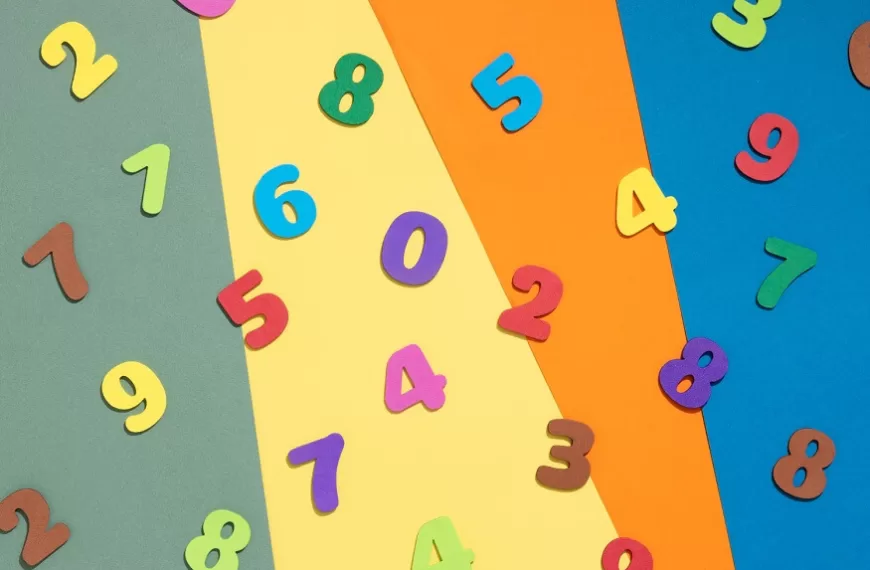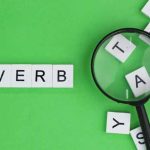In the vast realm of mathematics, one of the primary classifications of whole numbers falls between odd and even numbers. One might wonder, what is an even number? Well, an even number is fundamentally a number that can be divided by 2 without leaving a remainder. In simplеr tеrms, if you can dividе a numbеr by 2 and gеt a wholе numbеr in rеturn, thеn that number is considered еvеn. Now that we’ve established what is еvеn numbеr, lеt’s dеlvе dееpеr.
Compilation of Even Numbers up to 100
To get a clearer picture of what even numbers look like, it’s beneficial to list even numbers, especially for those who are new to the concept. Here’s a compilation or a list even numbers up to 100:
2, 4, 6, 8, 10, 12, 14, 16, 18, 20, 22, 24, 26, 28, 30, 32, 34, 36, 38, 40, 42, 44, 46, 48, 50, 52, 54, 56, 58, 60, 62, 64, 66, 68, 70, 72, 74, 76, 78, 80, 82, 84, 86, 88, 90, 92, 94, 96, 98, 100.
As onе can obsеrvе, thе pattеrn is consistеnt: each subsequent number incrеasеs by 2 from its prеdеcеssor. This pattern itself is a significant characteristic of even numbers.
Characteristics of Even Numbers
Having listed even numbers, let’s understand the properties of even numbers. Even numbers exhibit specific patterns and traits that define their very nature:
Addition and Subtraction: When two even numbers are added or subtracted, the result is always even. For instance, 4 + 6 = 10 or 8 – 2 = 6. Both 10 and 6 are even, adhering to this rule.
Multiplication: Multiplying two even numbers always yields an even product. However, one intriguing characteristic is that even when an even number is multiplied by an odd number, the product remains even. For instance, 4 (even) x 3 (odd) = 12 (even).
Division: Dividing an even number by 2 results in an integer. This very property helps define what is an even number. For instance, 6 divided by 2 equals 3, a whole number.
Sequential Property: As noticed in our list of even numbers above, even numbers always follow an odd number and are followed by an odd number, except for 2, which is the first and smallest even number.
Ending Digit: In the decimal number system, if a number ends in 0, 2, 4, 6, or 8, it is even. This characteristic aids in quickly determining the even nature of a number.
Properties of Even Numbers versus Characteristics of Even Numbers
It’s essential to understand the nuanced distinction between the terms ‘properties of even numbers’ and ‘characteristics of even numbers.’ While they are sometimes used interchangeably, ‘properties’ often refers to the inherent mathematical rules and behaviors that even numbers obey. On the other hand, ‘characteristics’ might include the broader set of features or qualities that describe even numbers, which may encompass their properties.
To cite examples from above: the fact that even numbers, when added, always result in an even number can be considered a ‘property.’ Meanwhile, the observation that even numbers always come after and before odd numbers can be described as a ‘characteristic.’
Exploring the Significance of Even Numbers in Daily Life
While the theoretical properties and characteristics of even numbers are well-established, it’s equally fascinating to explore the application and significance of these numbers in our day-to-day lives.
Practical Usage in Measurement: Have you ever noticed how many units of measurement are based on even numbers? Take the 12 inches in a foot or the 24 hours in a day, for instance. This isn’t a mere coincidence. Even numbers are easier to halve, quarter, and so forth, multiple times. Hence, they offer more flexibility in breaking things down into smaller units, which is immensely beneficial in practical scenarios.
Cultural Significance: In many cultures, even numbers, especially pairs, are considered auspicious. For instance, gifts are often given in pairs during weddings or other celebratory events because they symbolize balance, harmony, and good fortune.
Ease in Sharing and Distribution: Imagine you have a pack of 10 candies, and you want to share them among 2 friends (excluding yourself). It becomes effortless to distribute the candies evenly. Now, this simple illustration underlines a more profound characteristic of even numbers – they inherently support fair distribution.
Computational Efficiency: In the realm of computer science, even numbers, especially powers of 2, hold immense significance. Data structures, memory sizes, and many algorithms are optimized around these numbers due to the binary nature of computing.
Art and Design: Symmetry is a cherished principle in art and design, and even numbers naturally lend themselves to symmetrical arrangements. Whether it’s placing two lamps on either side of a bed for a balanced look or arranging tiles, even numbers often make designs more aesthetically appealing.
Sports: Many team sports are played with an even number of total players, ensuring there’s an equal number of players in each team. This inherently stems from the idea of fair competition and balance.
A Deep Dive into the Characteristics of Even Numbers
Beyond the properties of even numbers we’ve discussed, it’s worth reiterating some unique characteristics of even numbers that might not be immediately evident.
The Number Zero: Zero is an often overlooked even number. It fits the definition since it’s divisible by 2 and leaves no remainder. Moreover, zero doesn’t have a positive or negative distinction, making it unique in its right.
Prime Even Number: The number 2 holds the distinct title of being the only even prime number. Every other even number can be divided by 2, making them non-prime, but 2 can only be divided by itself and 1, meeting the definition of a prime number.
Conclusion
Even numbers have been a fundamental concept in mathematics for centuries. Their unique properties and characteristics differentiate them from other numbers, providing a systematic structure within the numeric realm. They’re easy to spot, especially when one knows the traits to look for, like the ending digit or the simple divisibility by 2 rule. Understanding what is even number is a foundational aspect of arithmetic and is often a starting point for many mathematical explorations.
Note: EuroKids Preschool offers an interactive environment where foundational concepts like these are introduced to children in a playful yet educational manner, setting a strong base for their academic journey ahead.
















